Introducing MAX — Take supply chain cyber risk management to the MAX

SecurityScorecard Blog
Read the latest blog posts published weekly.
 Blog
BlogCybersecurity leadership in an era of public-private partnerships
May 14, 2024Learn about the shared responsibility between public and private organizations in combating cyber threats.
More DetailsPublic Sector Blog
BlogRSA 2024: The Art of Possible
May 13, 2024Get a recap of SecurityScorecard's trip to RSA 2024!
More Details Blog
BlogSecurityScorecard and Intel: Digging Past the Surface for Enhanced Protection
May 13, 2024Explore how SecurityScorecard and Intel can jointly help organizations improve their security posture and controls.
More DetailsDr. Jared Smith, SecurityScorecard, Distinguished Engineer & Todd Cramer, Intel, Director Security Ecosystem Business Development
 Blog
BlogUsing Metrics that Matter to Protect Critical Infrastructure
May 10, 2024Critical infrastructure owners and operators face significant challenges with technology, staff resources, and expertise to better manage cyber resilience.
More DetailsPublic Sector, Security Ratings Blog
BlogExamining the Concentration of Cyber Risk: How supply chains and global economies can adapt
May 2, 2024This research points to an extreme concentration of cyber risk in just 15 vendors worldwide, while also detailing a surge in adversaries exploiting third-party vulnerabilities.
More DetailsPaul Prudhomme, STRIKE Threat Intelligence Analyst
Third-Party Risk Management Blog
BlogInsights from the Experts: Legal, Compliance, and Security Perspectives on SEC Regulations
April 26, 2024SecurityScorecard recently hosted a webinar discussing the implications of the new rules and how compliance, security, and legal experts can elevate their game to meet these new regulations.
More DetailsPublic Sector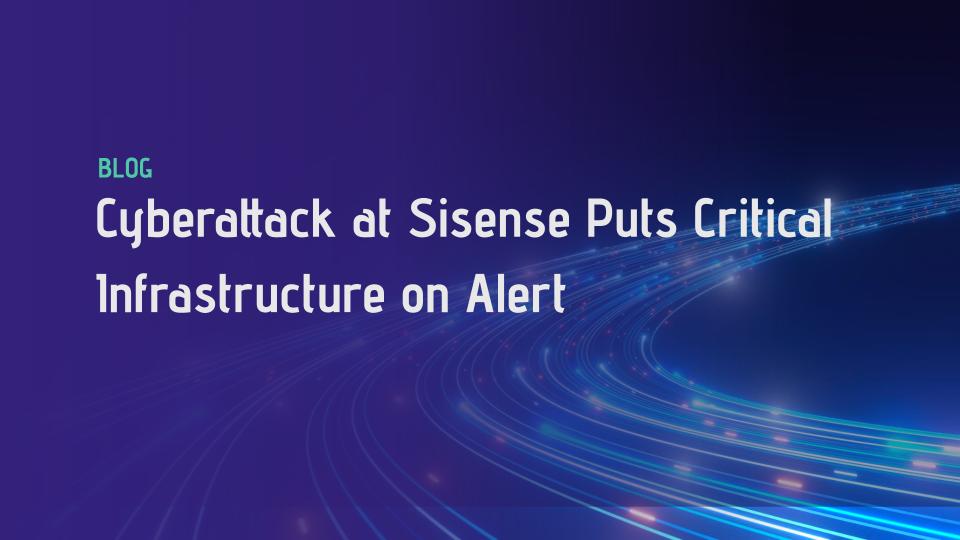 Blog
BlogCyberattack at Sisense Puts Critical Infrastructure on Alert
April 11, 2024SecurityScorecard details the large-scale cyberattack on Sisense, a major business analytics software company used by both the private and public sectors.
More DetailsTarek Marji, Senior Staff Engineer, INFOSEC
Public Sector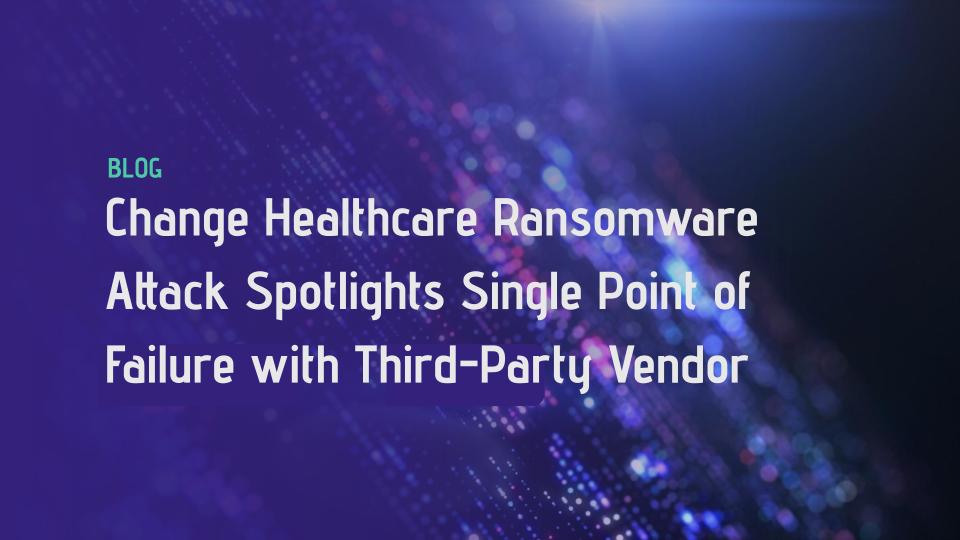 Blog
BlogChange Healthcare Ransomware Attack Spotlights Single Point of Failure with Third-Party Vendor
April 10, 2024The ongoing cyberattack on Change Healthcare, a major player in medical claims processing in the United States, had profound repercussions across the healthcare sector.
More DetailsRob Ames, Senior Staff Threat Researcher
Healthcare, Third-Party Risk Management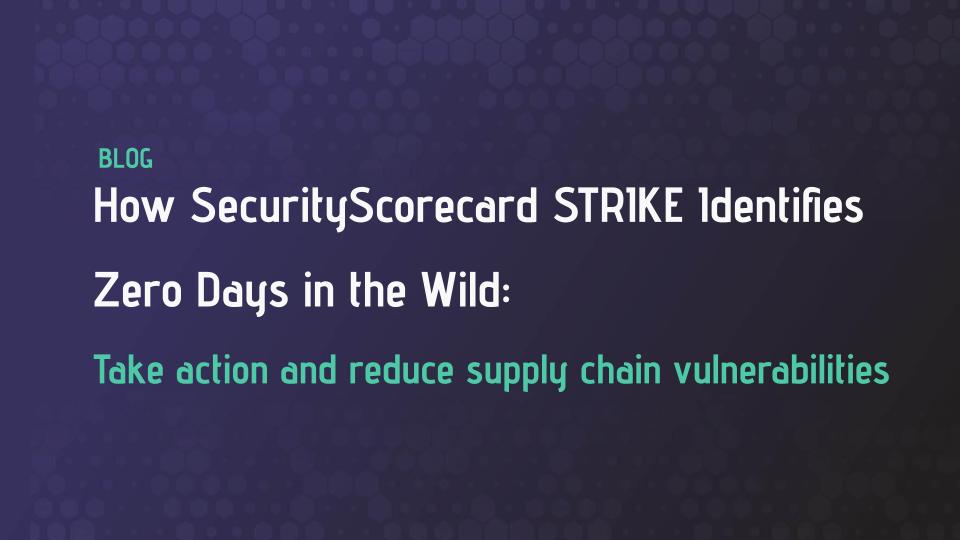 Blog
BlogHow SecurityScorecard STRIKE Identifies Zero Days in the Wild
April 9, 2024Discover how SecurityScorecard's Zero-Day-as-a-Service (ZDaaS) identifies new and emerging zero-day threats across your third-party vendor landscape.
More DetailsSteve Cobb, VP, Corporate and Product Security
Cyber Threat Intelligence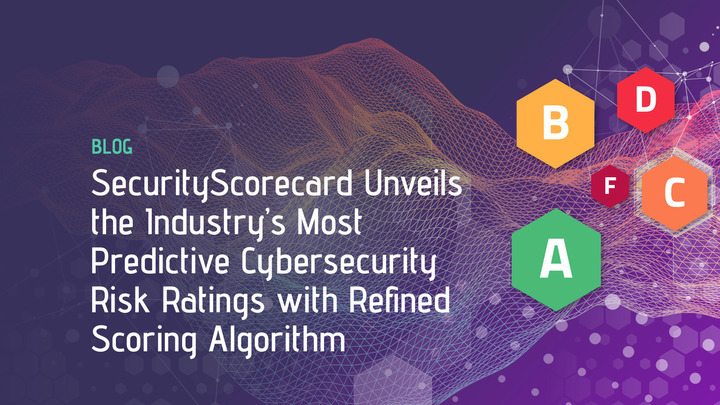 Blog
BlogSecurityScorecard Unveils the Industry’s Most Predictive Cybersecurity Risk Ratings with Refined Scoring Algorithm
April 9, 2024As businesses strive to reinforce their defenses against these evolving threats, the need for a reliable and predictive cybersecurity risk assessment tool has never been greater.
More DetailsDr. Bob Sohval, VP & Fellow, Data Science & Madelyn Maletz, Associate Product Marketing Manager
Security Ratings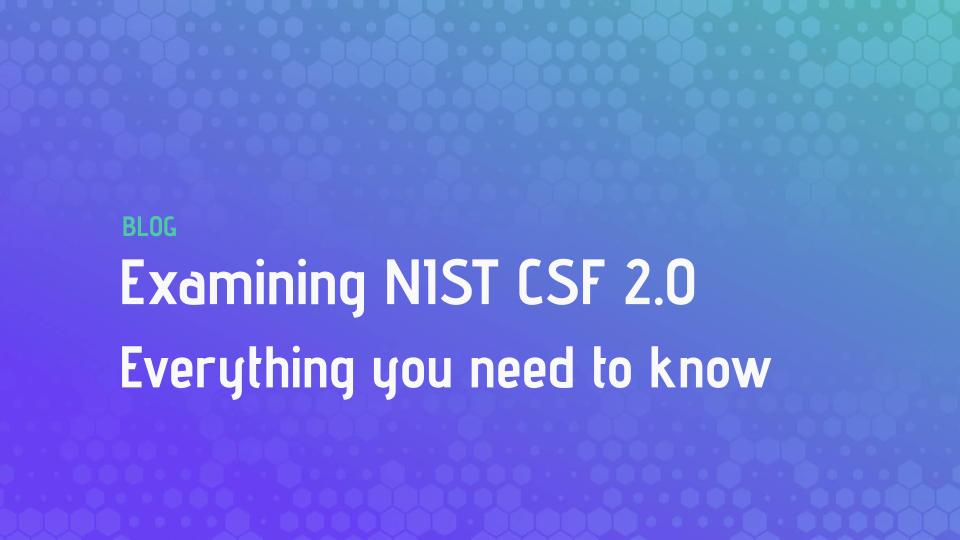 Blog
BlogExamining NIST CSF 2.0: Everything you need to know
April 4, 2024In 2014, the National Institute of Standards and Technology (NIST) released its Cybersecurity Framework (CSF) to help organizations better understand, reduce, and communicate cybersecurity risk. Ten years later, NIST has released Version 2.0.
More DetailsChris Strand, Global Risk Officer
Executive Viewpoint Blog
BlogThe Cybersecurity of the S&P 500: An in-depth analysis from SecurityScorecard
With the Securities and Exchange Commission’s (SEC) mandate to disclose cybersecurity incidents, SecurityScorecard released the 2024 SecurityScorecard S&P 500 Cyber Threat Report.
More DetailsPaul Prudhomme, Principal Security Analyst
Security Ratings, Supply Chain Cyber Risk




